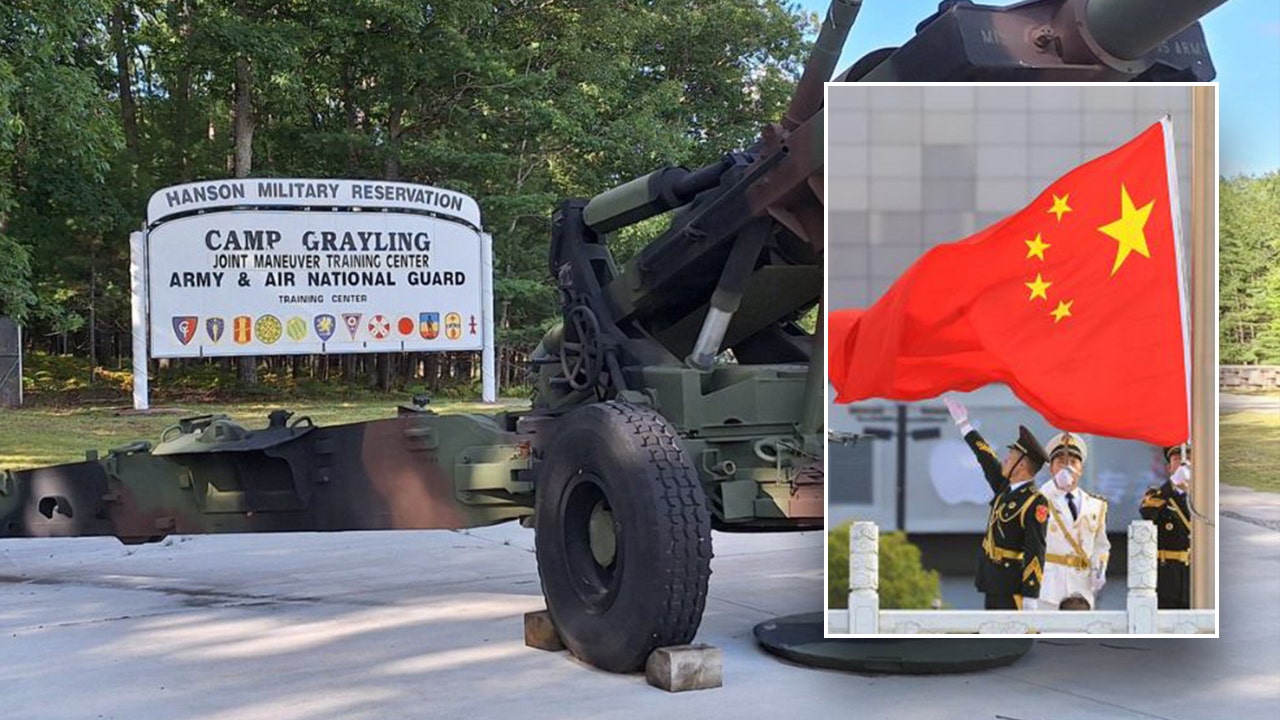Allegations of Espionage: Former University of Michigan Students Charged
In a startling development, five former students of the University of Michigan have been charged with espionage-related offenses after allegedly attempting to surveil a National Guard training center in Michigan. This incident reportedly occurred during a joint military exercise involving the Taiwanese military, raising significant concerns about national security and foreign espionage.
The Incident at Camp Grayling
The confrontation unfolded in August 2023 at Camp Grayling, a military installation in Michigan. According to a criminal complaint filed in federal court on October 1, the five individuals, all Chinese nationals, were approached by a sergeant major from the Utah National Guard. The students claimed they were media personnel photographing a meteor shower and mistakenly believed they were in a campground. However, their presence near the military site during a sensitive training operation raised immediate suspicions.
Inconsistent Accounts and Investigative Findings
Four months later, one of the accused, Renxiang Guan, was interviewed by Customs and Border Protection (CBP) officers at the Detroit Metropolitan Airport as he prepared to travel to South Korea and China. During the questioning, Guan stated that he and his companions had traveled to northern Michigan to observe shooting stars but could not recall specific details about their trip. This lack of clarity raised further red flags for investigators.
Upon searching Guan’s electronic devices, CBP officers discovered images of the Grayling Military Installation, including military vehicles and equipment. Notably, the timestamps on these photographs indicated they were taken during live firing exercises, just hours before the sergeant major’s encounter with the group.
Group Dynamics and Deceptive Practices
The other four individuals—Zhekai Xu, Haoming Zhu, Jingzhe Tao, and Yi Liang—were later interviewed after arriving in Chicago from Iceland. They echoed Guan’s story about their meteor shower excursion. However, the investigation revealed that they had been communicating via WeChat, discussing the need to delete photos from their devices, which suggested an intent to cover their tracks.
The charges against the five students include providing false statements to investigators, conspiracy, and the destruction and falsification of records. These allegations paint a troubling picture of deliberate deception and potential espionage activities.
The Broader Implications of the Case
The case has drawn significant attention from lawmakers and national security experts. Representative John Moolenaar, a Republican from Michigan, emphasized the serious threat posed by Chinese espionage activities within the United States. He stated, "This case shows once again that CCP espionage can happen anywhere in America, and we must be vigilant." Moolenaar’s comments reflect growing concerns about foreign influence and the potential risks associated with international collaborations in educational settings.
Concerns Over Foreign Investments
The implications of this case extend beyond the immediate charges against the former students. Moolenaar has raised alarms about the potential risks associated with foreign investments in Michigan, particularly regarding a Chinese company, Gotion, which plans to establish a plant for electric vehicle battery production in the state. He argues that allowing such investments could create opportunities for further espionage activities, particularly given the strategic importance of Camp Grayling.
Moolenaar has called for the revocation of state funding for Gotion’s project, asserting that it poses a national security risk. He also advocates for stricter regulations on joint research initiatives between American universities and Chinese institutions, emphasizing the need for universities to recognize their vulnerability to espionage.
The Students’ Background
The five individuals charged in this case were part of a joint academic program with Shanghai Jiao Tong University in China and graduated from the University of Michigan in May 2023. Their backgrounds as international students highlight the complexities of educational exchanges and the potential for misuse of such programs for espionage purposes.
Conclusion
As investigations continue, the case serves as a stark reminder of the ongoing challenges posed by foreign espionage in the United States. The allegations against these former students underscore the necessity for vigilance and proactive measures to safeguard national security interests, particularly in an era where technological advancements and international collaborations are increasingly intertwined.
